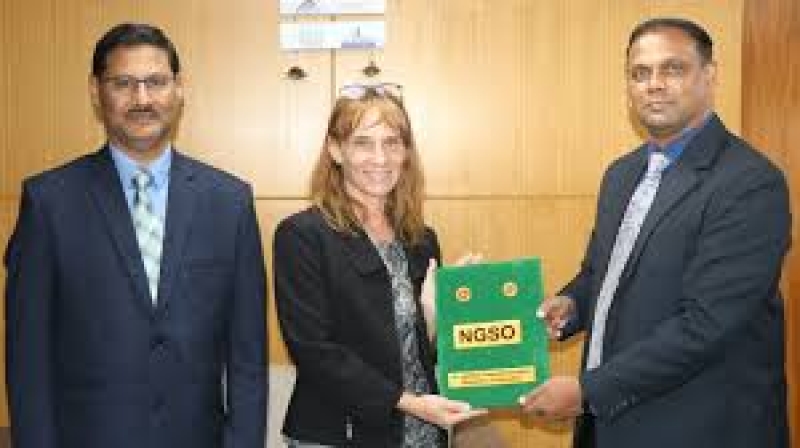- Israel Strikes Tehran with US Support Amid Nuclear Tensions |
- India Sees 9% Drop in Foreign Tourists as Bangladesh Visits Plunge |
- Dhaka Urges Restraint in Pakistan-Afghan War |
- Guterres Urges Action on Safe Migration Pact |
- OpenAI Raises $110B in Amazon-Led Funding |
BTRC Grants Licenses to Starlink for Internet Service

The Bangladesh Telecommunication Regulatory Commission (BTRC) has officially granted operating licenses to Starlink, marking a major step toward expanding high-speed satellite internet across the country.
On Tuesday, BTRC handed over two key licenses to Starlink—a satellite internet service operated by Elon Musk’s SpaceX—following approval from Chief Adviser Professor Muhammad Yunus on Monday.
Starlink uses non-geostationary satellite orbit (NGSO) technology to deliver broadband connectivity, especially in remote and underserved areas.
According to a BTRC press release, the two licenses include a "Non-Geostationary Satellite Orbit Operator License" and a "Radio Communication Apparatus License." The first license enables Starlink to begin commercial operations in Bangladesh, while the second permits the use of frequency bands and importation of radio equipment necessary for service deployment.
The NGSO license was handed over by Lt Col Syed Md. Tawfiqul Islam, Director of BTRC’s Licensing Division, to Rebecca Slick Hunter, Director of Global Licensing and Market Aviation at Starlink. Present at the event were Ashish Kumar Kundu, Director General of Legal and Licensing, and Deputy Director Md. Nahidul Hasan.
Later, Dr. Md. Sohel Rana, Director of the Spectrum Division, presented the Radio Communication Apparatus License to Hunter, in the presence of Brig Gen Md Aminul Haque, Director General of Spectrum, and Senior Assistant Director Muhammad Zakaria Bhuiyan.
The licenses, valid for ten years, pave the way for the introduction of satellite-based broadband in Bangladesh—potentially transforming internet access in hard-to-reach regions and supporting the country’s digital development goals.

